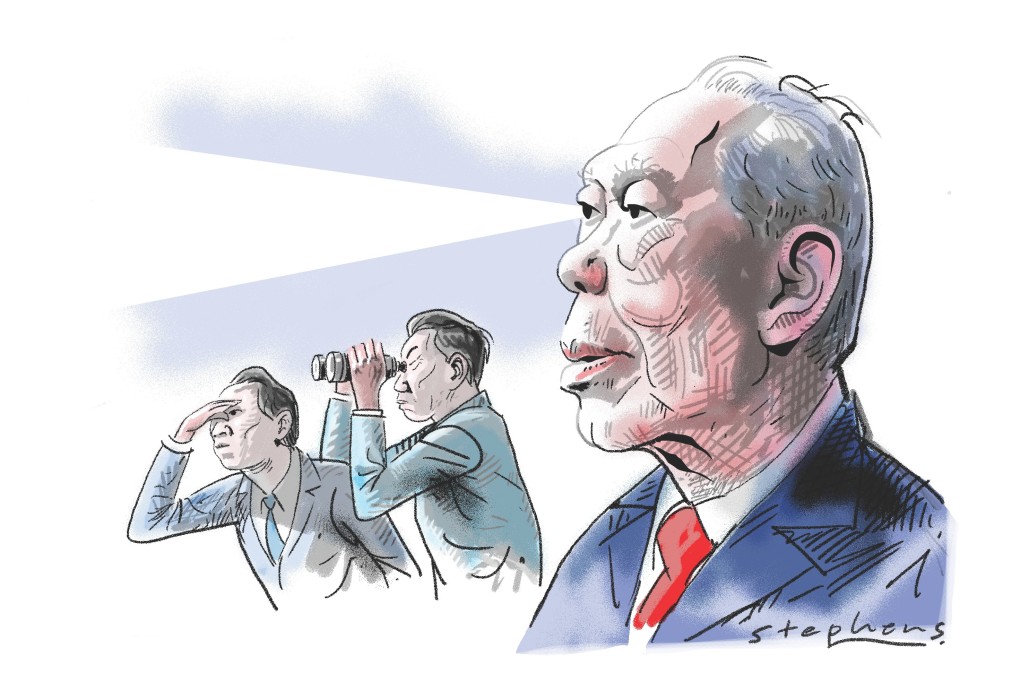Occupy Central need not have happened if pan-democrats had taken lessons from Lee Kuan Yew
Tony Kwok says Hong Kong's pan-democrats could learn from pragmatic Lee Kuan Yew, who took from the West only what suited Singapore, and foresaw and benefited from China's rise

Surprisingly, our pan-democratic legislators have been largely silent about the death of Lee Kuan Yew. In the past, they often looked down on the Singapore political system, criticising its "fake elections", "lack of press freedom", "one-party rule" and "dictatorship". I believe they are wise not to comment on this occasion, as they would have been given a big slap on the face by the people of Singapore.
Whether the system of government is good should best be judged by the people of a country, not by outsiders or scholars. The fact that the people of Singapore flocked to queue for hours, in unbearable heat or intolerably heavy rain, just to pay their last respects to Lee demonstrated public endorsement of the founder of the republic and the political system he created.
I believe there are plenty of lessons Hong Kong's pan-democratic legislators can learn from Lee.
Firstly, Lee received his university education in the Western world, similar to many of our pro-democracy legislators. Certainly Lee outshone all of them in terms of academic achievement, graduating from Cambridge University top of his cohort, with a rare double-starred first-class honours in law. He knew the Western system well, including its faults. So whilst Lee chose to follow the common law system in Singapore, he was not keen to take the system on in its entirety. For example, the country adopted a system of fused professions, making no distinction between barristers and solicitors, thus reducing unnecessary legal costs. Lee also did away with the funny wigs worn in court.
He must have noticed at the time of his study that British police forces had a serious corruption problem. Under him, Singapore's Corrupt Practices Investigation Bureau became a model for the rest of the world to follow. Hong Kong was able to learn from it the proper way to fight corruption. Lee also limited a person's "right of silence", making the interview of suspects by law enforcement officers much more effective.
No doubt our pro-democracy legislators would have taken the entire Western system, values and culture on board, believing that the Western system offers the only genuine kind of democracy. Should they not learn to distinguish what is good or bad for our unique environment, instead of blindly following others?
Secondly, in his 2013 book, One Man's View of the World, Lee had high praise for China's achievements and the ability of the Chinese leaders. He predicted that China would continue to prosper and become one of the two most powerful nations in the world. Indeed, in the past, he pushed for policy in Singapore to take advantage of China's economic prosperity. He wanted the Chinese language to be widely taught in Singapore schools. He was one of the first leaders to recognise China's potential, and pushed for partnerships with it, including setting up an industrial park in Suzhou .